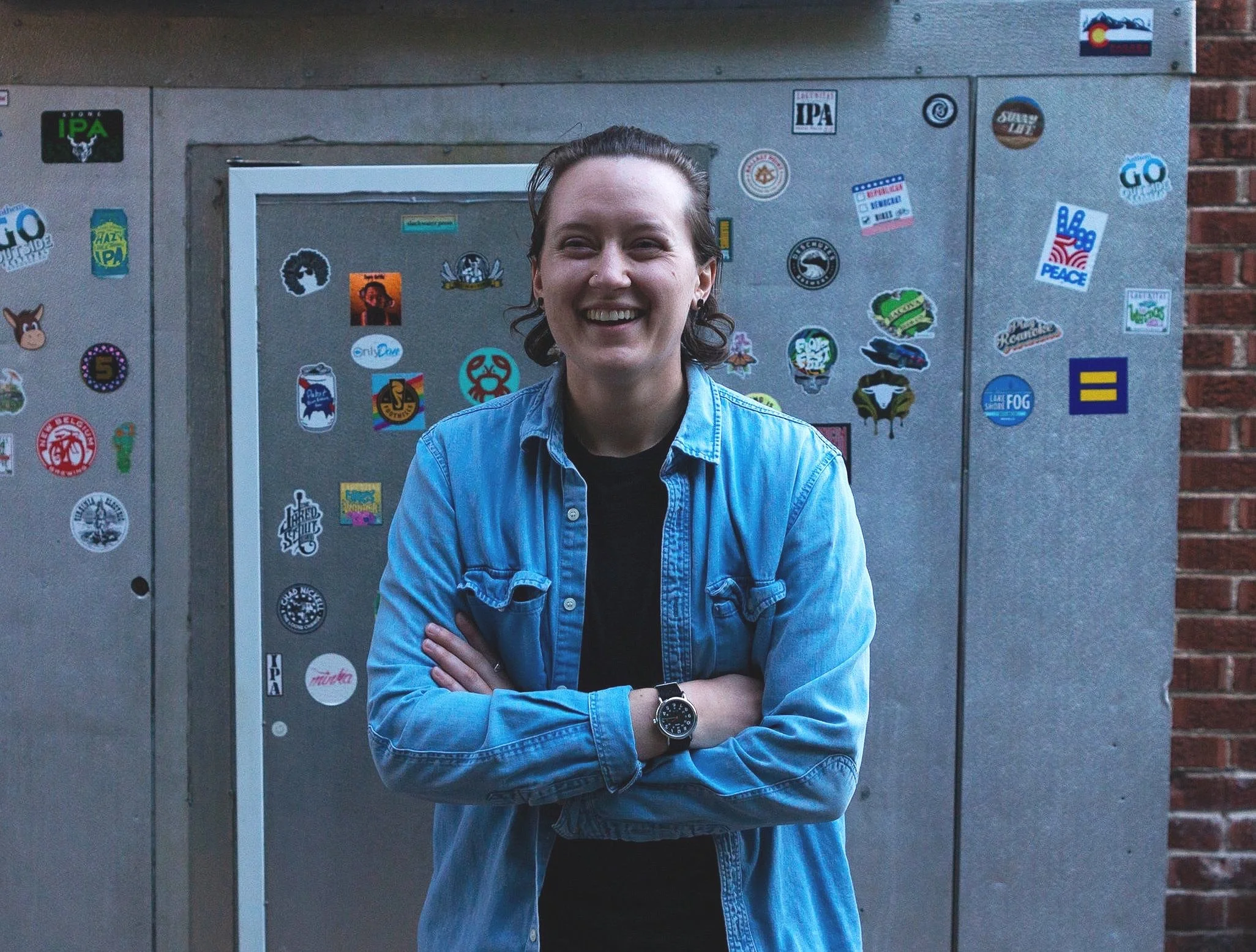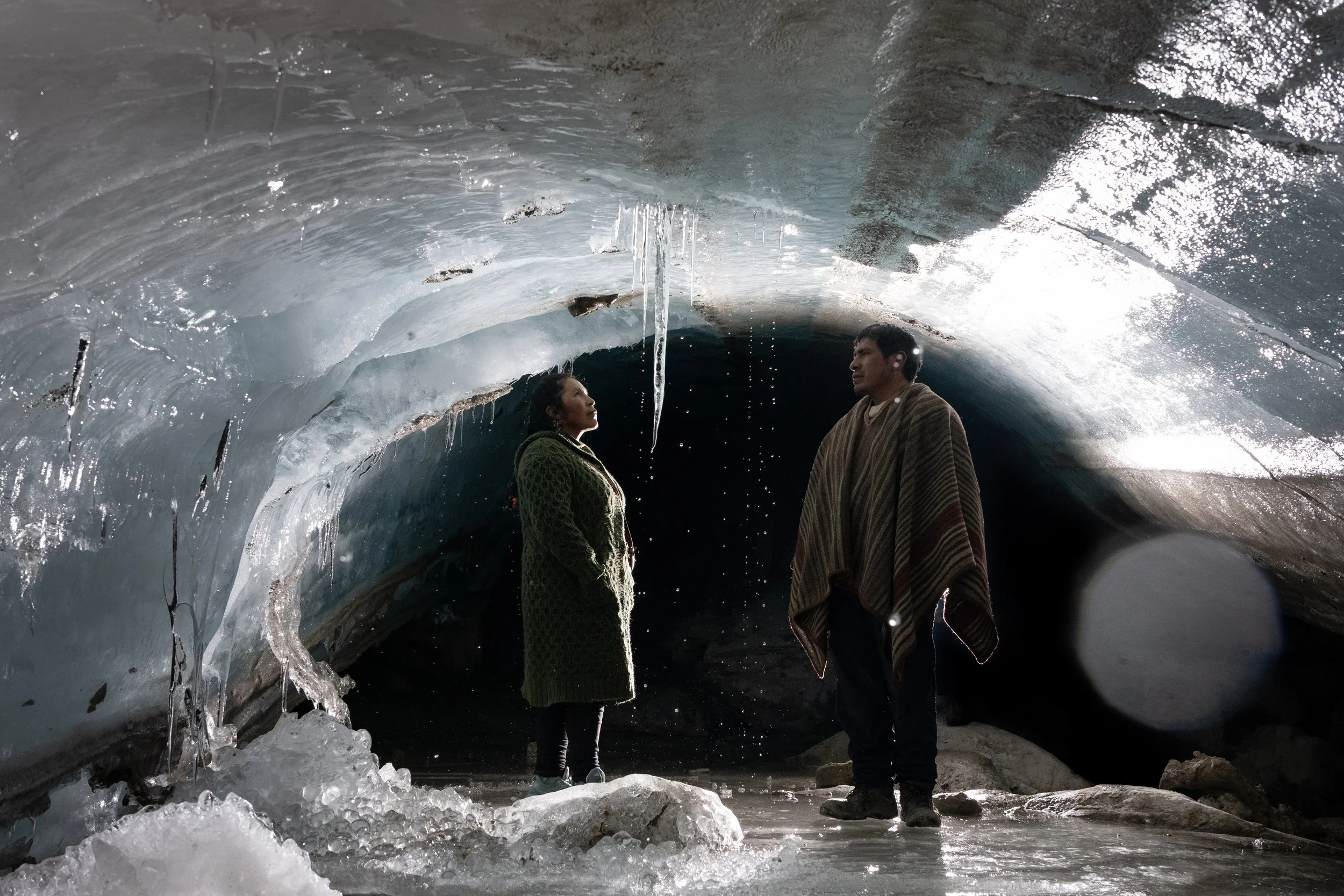Photo by Dave Coulson
Words by Darshel Diaz
Over the years, there has been an unparalleled increase in the illegal wildlife trade; making it the fourth most common crime plaguing wild animals worldwide and a major threat to an orangutan`s survival. With continued deforestation, orangutans are being forced to venture out of their forest homes, and closer to human communities. Here, they are more vulnerable to being shot and or killed, because they are seen as pests or out of fear of their stature.
Even though orangutans are protected under conservation laws in Malaysian and Indonesian rainforests (Law No. 5/1990); they remain the most traded primate across the globe, due to inadequate reinforcement of the law. Statistics from the Convention on International Trade in Endangered Species (CITES) indicates that there have been 1,019 documented cases of illegal trade in orangutans spanning from 2005-2011. The UN Environment Programme (UNEP) estimates that 6,000 great apes are captured to be kept as pets, sold or killed each year.
Photo by Gita Defoe
Baby orangutans, in particular, are being stolen and sold as pets at an alarming rate, forcing them into a life of captivity. In 2010, the Orangutan Information Center (OIC) created the The Human-Orangutan Conflict Response Unit (HOCRU) to address Human- Orangutans conflict in agricultural landscape in Northern Sumatra.
Photo by Gita Defoe
In January 2015, the HOCRU and the Sumatran Orangutan Conservation Programme (SOCP) Quarantine Centre teamed up with the Indonesian Government`s Conservation Authorities (Ditjen KSDAE) in the daring rescue of Cece, a 5-year-old orangutan. When she was just an infant, Cece was stolen from her mother and their forest home for the purpose of being kept as an illegal pet at a theme park.
Cece was successfully moved to the SOCP’s Orangutan Quarantine Centre located just outside of Medan, North Sumatra Here, she began her rehabilitation journey, with the hope that one day she would be healthy enough to return to the wild. Cece received around the clock medical care, participated in socialization groups, and attended an on-site forest school.
Panut Hadisiswoyo holds baby Cece after a successful rescue.
Photo by Gita Defoe
Cece has spent four years at the Quarantine Centre. When she first arrived, the staff noted that she was extremely timid and nervous; however, she quickly grew accustomed to her new surroundings. By engaging with fellow orangutans and participating in the social groups, Cece learned natural orangutan behaviours. The on-site forest school helped to foster her survival and assessment skills; she is now able to determine which tree will support her body weight as she is swinging from tree branch to tree branch. By 2018, Cece weighed 16 kg and was determined to be in excellent health. Now aged 9, she is ready to be released back into the Sumatran jungle. She has been practicing her nest building skills, passed her pre-medical examination, and is currently housed with four other orangutans also waiting to be released.
Members of SOCP work tirelessly along with the local Indonesian authorities to investigate cases of illegal capture, possession, trading, and selling of orangutans. Since its inception in 2001, the SOCP has assisted approximately 360 orangutans in their Quarantine Centre; however, arrests and prosecutions have been slim. According to a report written in the American Journal of Primatology, there have only been seven prosecutions across the country from 1993-2016.
Photo by Dave Coulson
In 2016, actor and environmentalist Leonardo DiCaprio visited the Leuser Ecosystem, situated in the provinces of Aceh and North Sumatra. Since then, The Leonardo DiCaprio Foundation has been supporting the community to develop a mega-fauna sanctuary. The Leuser Ecosystem is the only landscape left in the world where Sumatran orangutans, tigers, elephants, and rhinos co-exist alongside one another. Orangutans also play a crucial role in this ecosystem. So how do we move beyond exploiting these fellow beings?
Please click here to learn more about the OIC and ways you can help.

















